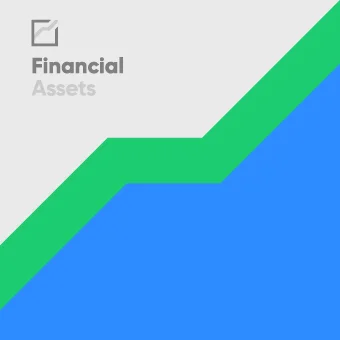
The Senate Judiciary Committee met on Wednesday to discuss a new bipartisan bill, The FRESH START Through Bankruptcy Act of 2021, which would make federal student loans eligible for discharge after 10 years.
Certain higher education institutions would be responsible for repaying a portion of the remaining balance so that the burden doesn't fall solely on the federal government. The bill would require colleges with more than a third of their students receiving federal student aid to partially refund the government if the school had consistently high student loan default and low repayment rates.
FRESH START is being poised as an alternative to student loan forgiveness, an issue which President Joe Biden has yet to deliver but campaigned on. At the Aug. 3 Senate Judiciary Committee hearing, Sen. Chuck Grassley said that student loan cancellation would overwhelmingly benefit the rich at the expense of others.
Bankruptcy reform may offer a more nonpartisan solution compared to abolishing student loan debt. However, while bankruptcy can provide a long-term path to financial stability to consumers struggling in the short term, it's extremely difficult to discharge either federal or private student loan debt through bankruptcy as it currently stands. Plus, filing for bankruptcy comes with its own drawbacks, so it's not always the most favorable first option for borrowers.
If you are struggling to repay your student loans, keep reading for more information about your options. :
The refinance rates of private student loans are at historic lows and you can compare your estimated rates without impacting your credit rating in Credible's online marketplace.
The goal of FRESH START is to improve the integrity of the federal student loan program, and quality of education a student receives without disrupting the vast majority of educational services that do provide real value to their graduates.
FRESH START would make federal student loans dischargeable in bankruptcy, but it doesn't end there. The bill would retain the existing undue hardship option for discharging federal and private student loans in bankruptcy that are due for less than 10 years.
Even if the bill is passed, bankruptcy may seem like an extreme option for certain borrowers. Chapter 7 bankruptcy, also known as liquidation bankruptcy, requires you to sell assets and investments to pay off your debts. Chapter 13 bankruptcy restructures or discharges your debts.
Filing both chapter of bankruptcy would have a lasting negative impact on your credit score, making it difficult to get loans with favorable terms. Having a bad credit score can keep you from buying or renting an apartment and makes borrowing money more expensive with higher interest rates.
The student loans are actually bankrupt, which means you need to get out of the debt very quickly. Borrowers who are struggling with private student loans may be able to lower their monthly payments by refinancing, for example, to avoid being sued over the debt obligation.
If you are considering refinancing your private student loan, be sure to shop around for the lowest interest rate possible to make sure you're saving as much money as possible. You can compare rates across multiple private lenders at once on Credible.
What does it take to get student loan returned?
If you default on your student loans, it can result in your debt being sent to a collection agency. This can negatively impact your credit score and even result in wage garnishment if you sued over the debts.
For borrowers struggling to repay their student loans, bankruptcy is not always an option. borrowers can apply for unemployment relief or economic hardship deferment. Both options can grant you a 36 month forbearance period in which you don't have to repay your loans during which income does not accrue, but not all low-income borrowers meet the conditions to qualify.
Borrowers with monthly direct loans can also enroll in income-driven repayment to lower their federal direct loan payments. Under an IDR student loan repayment program, your payment may not exceed about 10% to 20% of your disposable income, depending on the type of loans you have.
Alternatively, borrowers with less-than-ideal student loans can refinance to a lower interest rate or better rate. Incredible reports student loan refinance rates are near all-time lows, according to data from Private Student Loan Refinaces. Student loan refinancing can help you pay your student loans faster or even lower your monthly payment.
Refinancing comes with an important caveat: Refinancing a private student loan makes you ineligible for Federal protections like forbearance, IDR and even possible student loan forgiveness, including the public service loan forgiveness program.
Get in touch with an expert loan officer at Credible to discuss your options for refinancing eligible loans.
Email The Credible Money Expert at moneyexpertcredible.com if your questions are answered by a credible person in our Money Expert Column.
